Debunking 7 Common Myths About Whey Protein for Serious Bodybuilders

Nutrition and exercise; both are the prime concerns in bodybuilding. Among all other supplements, whey protein is in high demand in bodybuilding as it helps in muscle growth, recovery after workouts, and development. However, there are some common misconceptions about whey protein that may mislead even frequent athletes. Let’s discuss the 7 myths about whey protein to let the bodybuilder have appropriate concepts about supplements.
People need clarity about whey protein. Some think it’s bad for their kidneys, while others are unsure about who can benefit from it. In this manner, these 7 myths about whey protein make people skeptical about one of the best supplements out there. Serious bodybuilders need to know the truth when it comes to supplementing with whey protein in order to further your goals. Let’s look at and debunk seven common myths about whey protein.
Myth 1: Whey Protein Is Only for Muscle Building
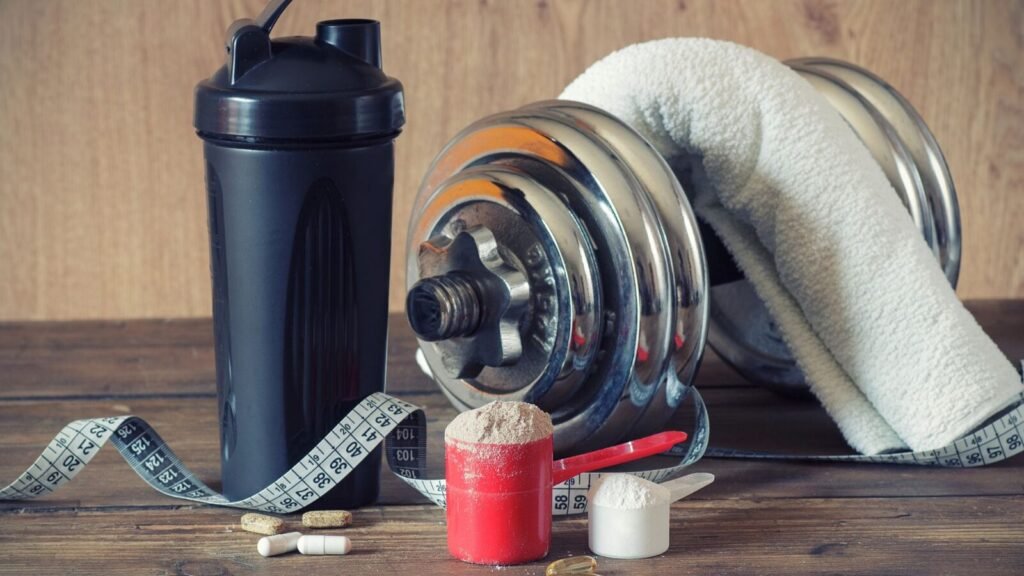
Many people think whey protein only builds big muscles, which is more than what the body needs. There are many myths about whey protein, and it’s time to set the record straight. Whey protein is great for the recovery of muscles after exercise, to build good muscles. Having a protein shake after an exercise is very much like boosting your body for repairing your muscles, making them strong, and giving extra support to your immune system.
Whey protein develops lean muscles and keeps one fit. As a matter of fact, whey protein is very important for your body for which you might not be aware. It gives energy to your cells for smooth functioning. Whey protein also helps your body generate antioxidants to combat stress and maintain stability in your blood sugar highly important for maintaining a diet.
Whey protein is perfect for repairing and rebuilding muscles, besides restocking your body after an exhausting workout. It also digests quickly and gives your body what it needs fast. You can use it in meals to stay full, keep your muscles strong while losing weight, or boost your energy on days you’re not training.
Whey protein is all about building muscles. The next time you mix that powder into your drink, just remember it is not merely about getting fit, but also helping one become healthier in every plausible way.
Myth 2: Whey Protein Causes Kidney Damage

A lot of people think that whey protein is bad to drink for your kidneys, which is just not true for most people who are healthy. Some studies said that too much protein could be a problem with people who already have kidney problems, and the idea kind of caught on. But for most of us, it’s safe and really helps you stay in shape, and bounce back after a workout.
Just consider it like a well-looked-after garden in which all the flowers receive just about the right amount of water and space to bloom. That is what happens with a bodybuilder who receives just the right amount of whey protein, paired with a good diet-that’s the proportions whereby the muscles are able to grow and recover without crossing into injury.
In fact, a number of studies have concluded that consuming much protein along with working out has no harm on your kidneys. Athletes with a diet of high intake of protein usually face fewer kidney problems in contrast with athletes having less intake.
Just don’t pay attention to the rumors, rather just arm yourself with the correct scientific knowledge. A moderate amount of whey protein will see you through those workouts and won’t hurt your kidneys. This should be something that instills more confidence as you work on getting the body that you want.
Myth 3: Only Athletes Need Whey Protein

Basically, whey protein is not just for the most serious athletes but anyone. It is also something that most people need, much like water or vegetables. Therefore, if one is doing lots of exercise, either in or out of the gym, whey protein will help your muscles recover much sooner. It is somewhat of a notable boost one may give to their bodies, which enables them to perform better and more efficiently.
Whey contains valuable substances that improve your body’s performance and extend your health and longevity. By applying a polished layer over an uneven one, you can achieve a smoother finish. Integrating whey into your consumption may deliver vital health benefits and essential nutrients.
Whey protein does more than support muscle growth; it is necessary for multiple dietary considerations. Whey protein helps in keeping the muscles of seniors strong the way nature repairs muscles that age. And for vegetarians, whey protein helps in supplementing all their protein needs sans giving up their vegetarian diet.
Now, we will be discussing how whey protein provides much more than solutions for daily workouts but also is an important source of health benefits for all, whether they occasionally go to the gym or like jogging in the morning, for example.
Myth 4: All Whey Proteins Are Created Equal
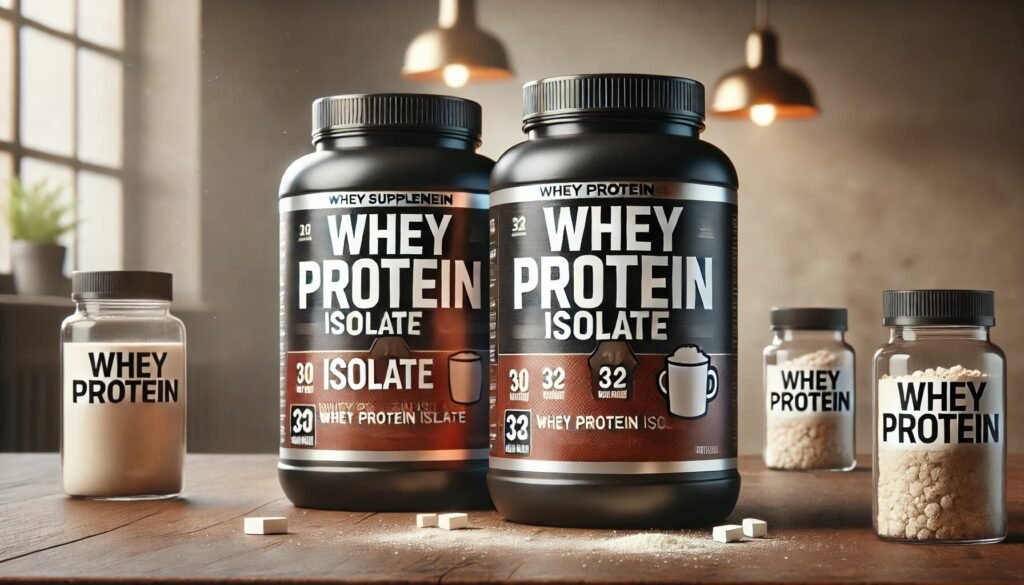
Knowing the difference between whey protein isolate and concentrate. The whey protein isolate is pure protein containing negligible fat or carbohydrates, which are very good for muscle growth. On the other hand, whey protein concentrate contains slightly less protein but does contain fats and lactose, suitable in a balanced diet.
Whey protein isolate is good because it’s pure and thus gets taken up into your body much faster. The amino acids it contains will rapidly help speed your body’s recovery from a workout, while it easily mixes in with shakes because of the fact that it’s light and smooth. On the other hand, concentrate retains more of the good stuff from milk, so it tastes like creamy whole milk when you drink it post-workout.
Quality does not need to reflect good or bad, it can even refer to the kind and type in which goods are produced. In the case of food products, they undergo processing, which completely alters the nature of the foodstuffs. Cold-pressed processing retains all nutrients within the food, making them high quality, as opposed to the heat treatment which would burn up some of the essential nutrients within.
Pay attention to where ingredients in your protein powder come from. Grass-fed cows, for instance, yield healthier protein than those fed regular feed. Taking note of these little things means you are not just getting any whey protein powder, but the best-quality fuel that keeps you going and performing at your best.
Myth 5: More Protein Equals More Muscles

Individuals believe that big muscles can only be made by drinking gallons of whey protein, which is incorrect. Building muscles is somewhat similar to building a house: proteins are the bricks, but you will be needing other things such as carbohydrates for energy, fats to keep your hormones in balance, and taking care of yourself with enough fluids and rest. These protein shakes will make you strong but only if you consider all the mentioned important factors.
It is not all about the weights, but it’s also about what you eat. Fresh vegetables, whole grains, lean meats, and fruits should be part of your meal. Your meals, especially those previously mentioned, act as building blocks of your muscles or repairers, just like how protein shakes work. Inadequate essential foods will just create slow progress and indeed make workouts less effective.
Too much protein might just not be good for your body. That’s because overwatering the plant-it doesn’t let the plant grow healthy; it creates problems. The same goes with more than enough protein: it could stress your kidneys rather than grow muscle. Balance in nutrition is important to build your muscles and provide energy for workouts. This well-mixed method will make reaching your fitness goals much easier than just wishing for them.
Myth 6: Plant-Based Proteins are Superior to Whey
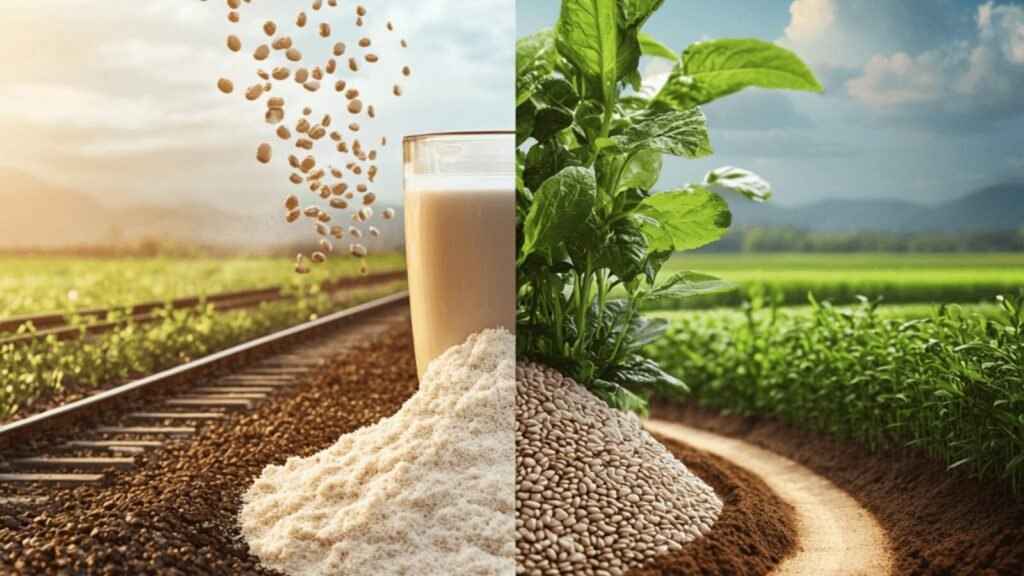
The debate between plant-based and whey protein is popular. The big difference between these two proteins is the origin. Whey protein can be readily utilized by the body. It has an excellent amino acid profile compared to most plant-based proteins. In essence, bioavailability refers to how available a nutrient is to your body. Think of whey protein as an efficient, reliable high-speed train.
Whey composition contains all the essential building blocks our body needs, especially one called Leucine, great to build and repair muscles. Plant proteins don’t have the essential amino acids, so you need to eat more types of plant foods to get them, unlike with whey protein.
Whey protein is not just for bodybuilders; it’s also good for general health. It also comprises proteins that may help your body fight infection and stay healthy. It can be the best choice if you want to gain muscles and keep your body fit. Knowing such benefits will help athletes and any other person willing to get fit make informed decisions about their diet based on science, rather than just moving with popular but incorrect ideas.
Myth 7: Whey Protein Causes Gain of Unwanted Weight
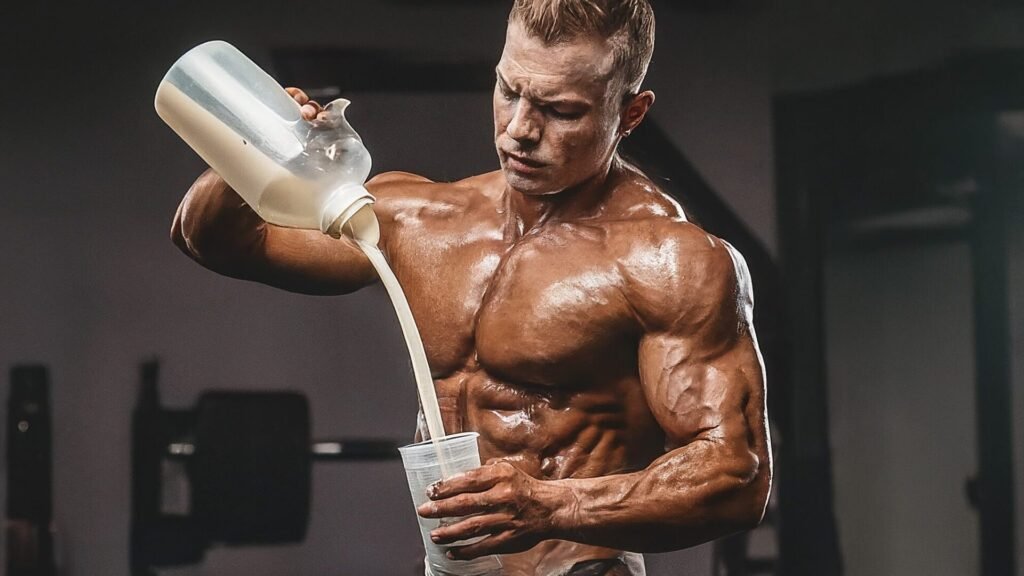
People consider that by taking whey protein, they definitely are going to increase their weight, which is not the case. It is not the case of mere protein; rather, it is how to make use of it. Take a small amount of whey protein and add it into your post-workout smoothie. It will help the recovery of your muscles and growth without any additional weight to your body. It’s all about using it right.
It is essential to consume the right amount of food at the right time in order to avoid gaining extra fat. Taking whey protein, if the workout has been complicated and exhausting, after that, helps to recover muscles and not store extra fat in the body. This is like putting premium fuel at the right time into your body, which occurs when your muscles receive what they need to start rebuilding. As this helps your body build lean muscles rather than extra fat by eating the right portions after being active.
Balance between the right amount of protein intake eating a variety of foods, and regular exercises. As too much paint can spoil a picture, too much protein can add pounds to your body. Your body is a blank canvas, and each different food is a color. You want all the colors to work together in harmony to create that beautiful picture-not the sloppy one. Being mindful of how much protein you consume will ensure your body builds lean muscles and performs great without an ounce of extra fat.
Whey Protein Supplements Ultimate Guide
Whey Protein Supplements
Conclusion: Power Your Performance with the Truth About Whey Protein
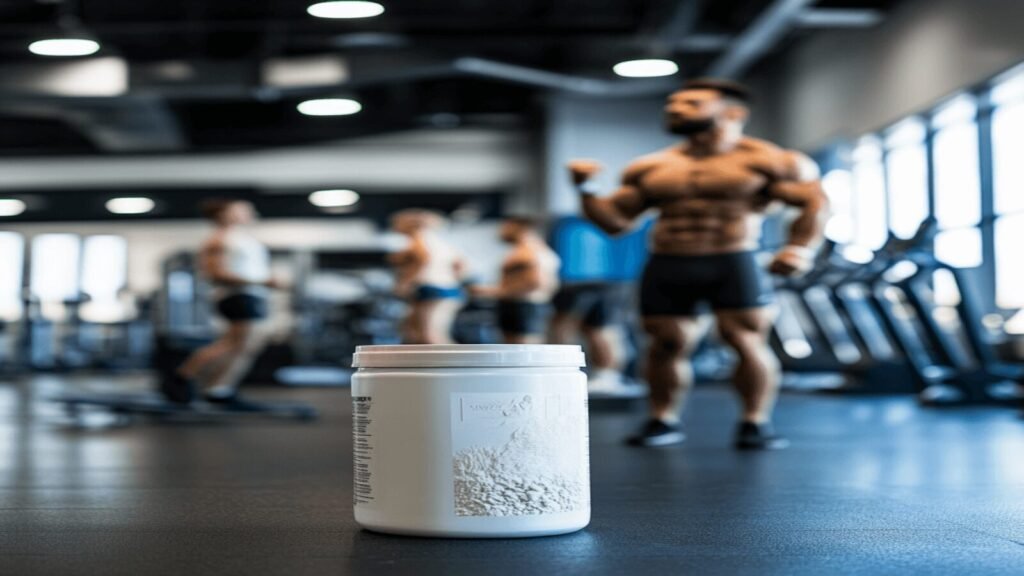
In fact, here you are going to discover the most popular myths about whey protein and why they should not influence your decision of not using it. This is not just for those muscular men and women only. Finally, I prove in the 7 Myths About Whey Protein that this product is an excellent muscle builder, recovery, performance, and health booster when used correctly. Instead, it will not harm your kidneys or cause you to gain weight.
That is why, mastering the ways of proper intake of whey protein and its combinations with other meals are significant. You will be surprised in the article 7 Common Myths About Whey Protein for Serious Bodybuilders to discover that most of the said myths are, in fact, myths. Knowing this, you will focus on improving your bodybuilding rates through taking whey protein to its optimal and manageable full potential.
7 Myths About Whey Protein FAQs
Q: Whey protein helps just to build muscles?
A: No, it also helps in recovery, immune function, and general health.
Q: Whey protein causes kidney damage?
A: No, it doesn’t. Only for people with preexisting kidney issues should it be considered a concern.
Q: Is whey protein just for athletes?
A: No, whey protein can be taken by anyone looking at better health, recovery, or nutrition.
Q: Are all whey proteins created equal?
A: No, whey isolate is purer with more protein, while whey concentrate contains more natural nutrients.
Q: Will more whey protein build bigger muscles?
A: No, muscle growth is based on a balance of nutrition, training, and rest, not just high protein intake.
Q: Is plant-based protein better than whey?
A: No, whey works better because of its better amino acid profile and bioavailability.
Q: Does whey protein make you gain weight?
A: No, whey protein develops muscles without excess fat accumulation when taken in moderation.
Q: What are the 7 myths about whey protein?
A: Some believe whey protein is only for bodybuilders, harms your kidneys, or makes you gain weight. Instead, it’s safer, as mentioned earlier, assists in muscle recovery, and can be generally beneficial for any person’s health.
Whey Protein Supplements Ultimate Guide
Whey Protein Supplements
